Resources
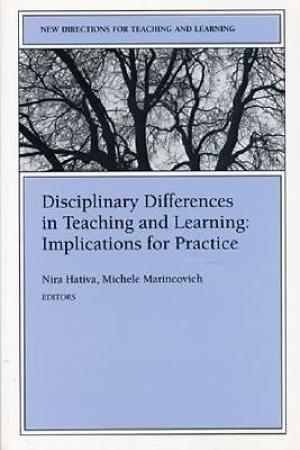
This volume of New Directions for Teaching and Learning increases our knowledge and understanding of the causes and consequences of disciplinary differences in the patterns of teaching and learning, in the instructional strategies to increase teaching effectiveness, in the culture and environment in which teaching takes place, and in faculty and students' attitudes, goals, beliefs, values, philosophies, and orientations toward instruction. Despite their practical and pervasive influence, disciplinary differences have been subjected to relatively little systematic study, especially in their effect on the quality of teaching and learning in higher education. This volume both provides new summaries of important studies on disciplinary differences and points out promising directions for further research. This is the 64th issue of the quarterly journal New Directions for Teaching and Learning. For more information on the series, please see the Journals and Periodicals page. (From the Publisher)
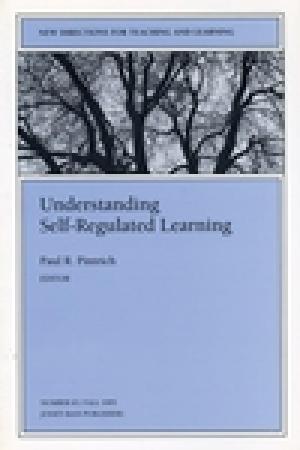
Stress can be beneficial if it triggers growth and improves the professor's performance. But it can be destructive if it leads to burnout, alcoholism, tension headaches, irritability, and boredom. The destructive consequences of faculty stress are not inevitable. They result solely from improperly managing and reacting to stressful events. This volume spells out the specific causes of faculty stress in the mid 1980's. It offers practical and proven ways of coping with the many stressful situations facing today's professors. The objective is not to try to escape the effects of stress - for it is an inevitable part of academic life - but rather to channel and control our responses to it. (From the Publisher)

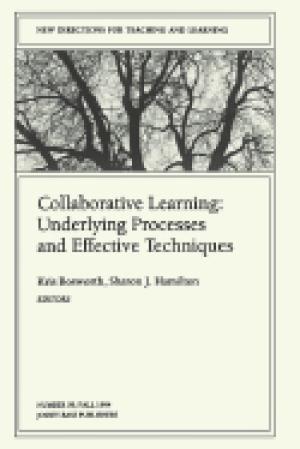
The demographic makeup of the student population in higher education has changed in dramatic ways over the past decade. These changes have motivated questions about what constitutes knowledge and about how we learn and understand new concepts, processes, and skills. Working from the premise that knowledge is not a quantifiable mass of information to be transmitted but rather a socially constituted process of making meaning within constantly changing and interacting contexts, the authors of this volume seek to define and extend current understanding of collaborative learning in higher education. Each chapter blends theory and practice as it explores a particular aspect of the processes underlying collaborative learning. Case studies from three universities demonstrate collaborative learning in action, its potential and its challenges. This volume uses information about current developments in collaborative learning across the country to extend our understanding of its possibilities and offer guidance to faculty who wish to establish effective collaborative learning classrooms. This is the 59th issue of the quarterly journal New Directions for Teaching and Learning. For more information on the series, please see the Journals and Periodicals page. (From the Publisher)
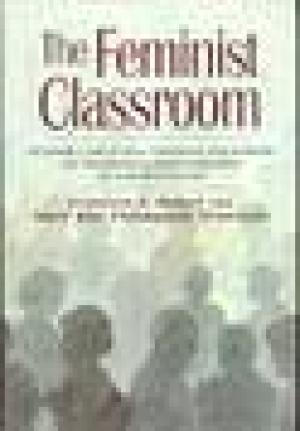
This book provides an intimate view of how feminist teachers are revolutionizing higher education. Drawing on in-depth interviews and on-site observations, and using the actual words of students and teachers, the authors take the reader into the classrooms of seventeen feminist college professors at six colleges and universities - Lewis and Clark College, Wheaton College, the University of Arizona, Towson State University, Spelman College, and San Francisco State University. As these teachers integrate feminist and multicultural content into the curriculum, they demonstrate that pedagogy concerns not only "teaching techniques" but the whole process of the construction of knowledge in classrooms. Learning derives from relationships and interactions among teachers, students, and subject materials, not from any single perspective. In showing how the integration of feminist and multicultural content revitalizes the classroom, the book portrays innovative teaching in action. Feminist and cultural studies scholars have demonstrated that American higher education has traditionally represented the world in terms of the perspectives and achievements of a dominant minority. To educate students for a complex multicultural World, the voices of those who have been excluded need to emerge. There is widespread concern today about the quality of teaching in our colleges, particularly the predominance of lecturing and passive modes of learning. This important book presents a vision of teaching that counteracts the silence and alienation these practices engender. (From the Publisher)
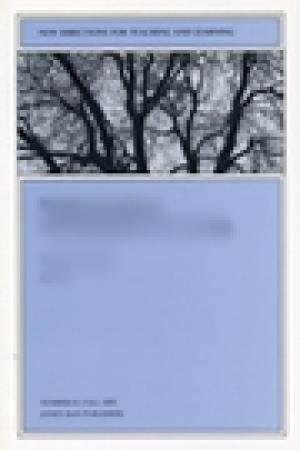
For several decades, college teachers have been asking students to engage in self-evaluation, to reflect on their academic work and describe and evaluate it in writing. Student self-evaluation is both a process--consisting of acts of reflecting, composing, and writing--and a product, a writtten document. Student self-evaluation does not obviate the need for student exams and papers, crucial indicators of student mastery of material or complexity of thinking. Rather, student self-evaluation supplements and complements that information by asking students to describe in their own words their learning and its value to them. This writing, and the conversations that faculty members and students have about it, can be instructional, illuminating, and at times transformative. Student self-evaluation is primarily a learning strategy, but it is also a promising assessment approach: while enriching learning for students, it also can help teachers and institutions learn about student learning. This volume of New Directions for Teaching and Learning introduces the many forms of student self-evaluation in undergraduate teaching settings and describes how student self-evaluation creates connections between learners and learning, knowers and the known, and the self and the mind. This is the 56th issue of the quarterly journal New Directions for Teaching and Learning. For more information on the series, please see the Journals and Periodicals page. (From the Publisher)

Lowman expands his earlier model of effective teaching to place more emphasis on motivational skill and commitment to teaching. In this second edition, he presents still more options on how to organize classes and use group work to promote learning. (From the Publisher)

This book covers all significant aspects of the design, development, delivery, and evaluation of instruction using Internet's World Wide Web. In 59 chapters, this 480-page-volume, 7 x 10 inches, provides users of the Web with online sources, case studies, references, and other forms of information regarding ways to use this new techology to improve opportunities for learning at all levels. Nearly one hundred authors, representing institutions situated throughout the world, participated in the writing of this timely volume-using the Web to coordinate their efforts, thus assuring a remarkably complete treatment of this important topic. E-mail and World Wide Web addresses are given for all chapter authors, most of whom have active Web sites that can provide additional information to readers of the book. (From the Publisher)
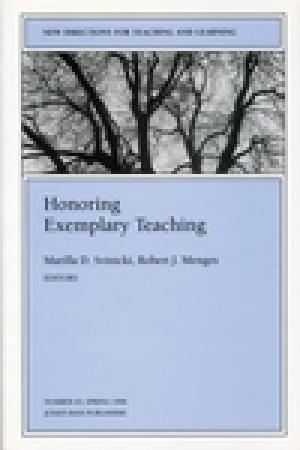
The quiet revolution that has occurred in academic libraries has resulted in the development of programs of bibliographic or library instruction. The chapters in this volume reflect the tremendous diversity and scope of activities that fall under the umbrella of a bibliographic or library instruction program. The goal of all of these activities is to help individuals develop the intellectual and manipulative skill needed for the retrieval, assimilation, and critical analysis of information. This volume is intended to provide a compact overview of this expanding area of library service. (From the Publisher)

Kelsey argues that the central purpose of a theological school is to understand God more truly, that Christian traditions intersect with the Greek idea of education as paideia and the much later German idea of education as wissenschaft to create the models of theological schooling operative today, and that the issues facing theological education arise because of the conflicting understandings of the world and God embodied in these ideas. He proposes reconceptualizing ways of thinking about theological education based on the desire to understand God more truly and to do so in the concrete particularities of faith communities. (From the Publisher)